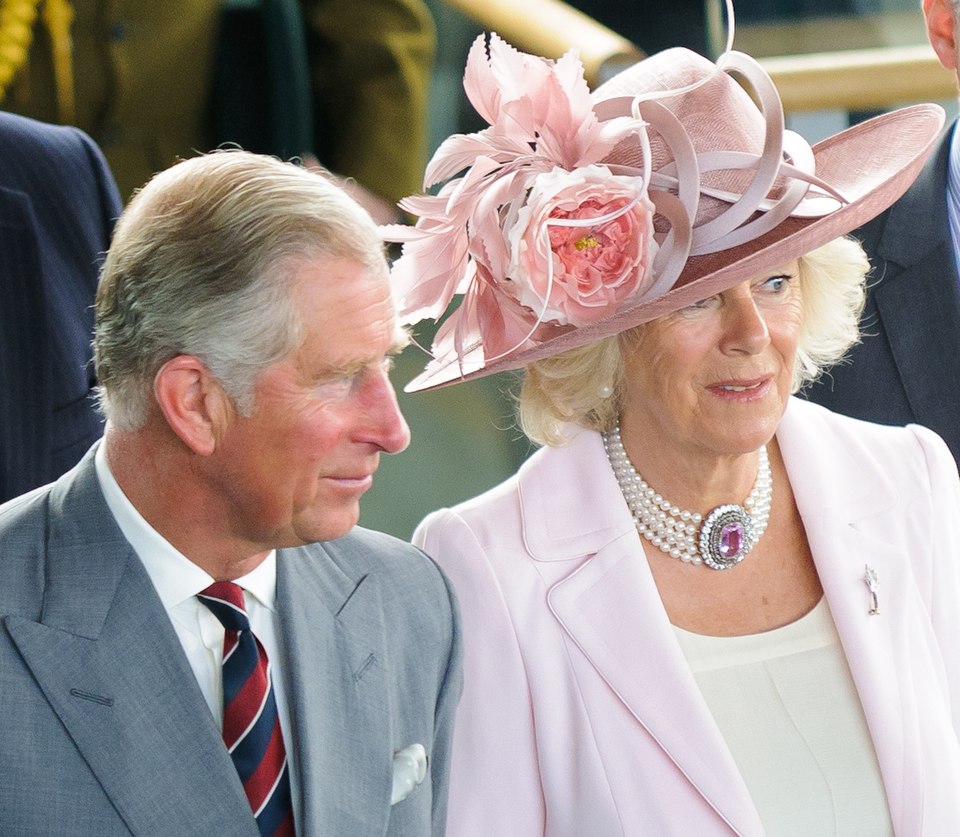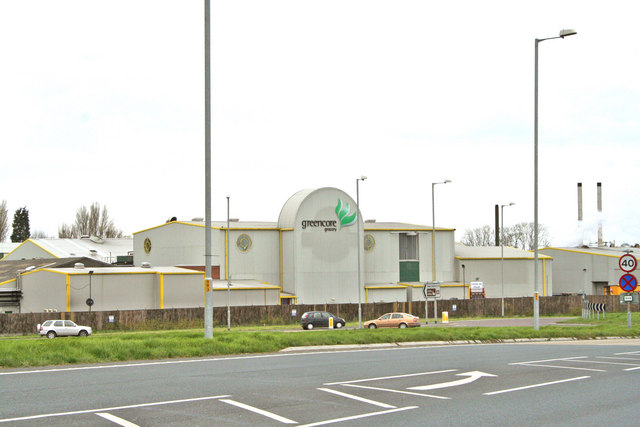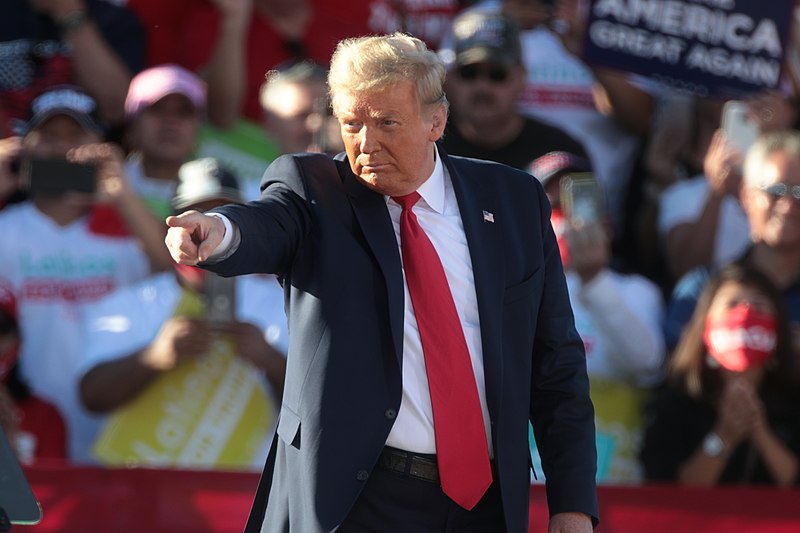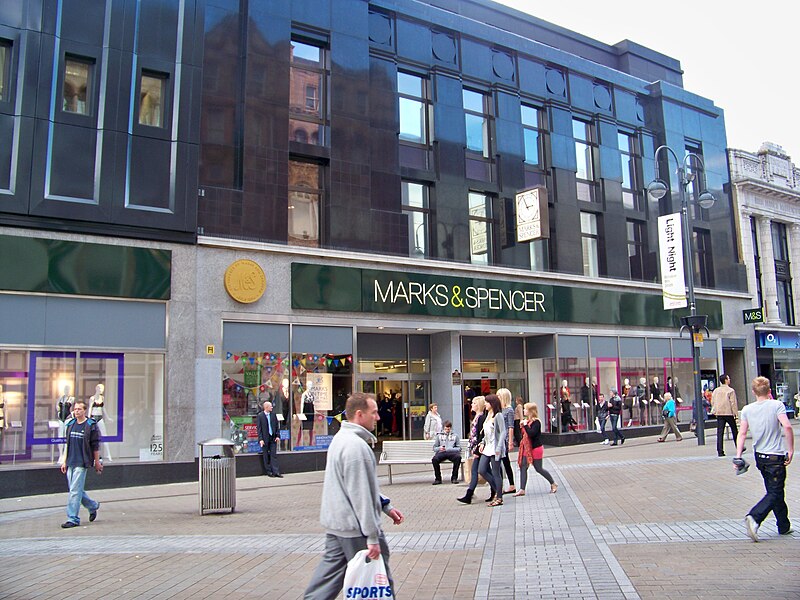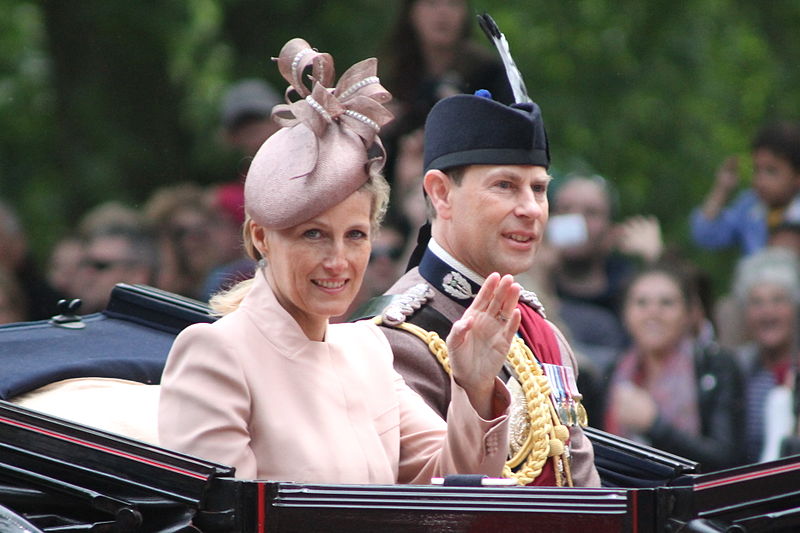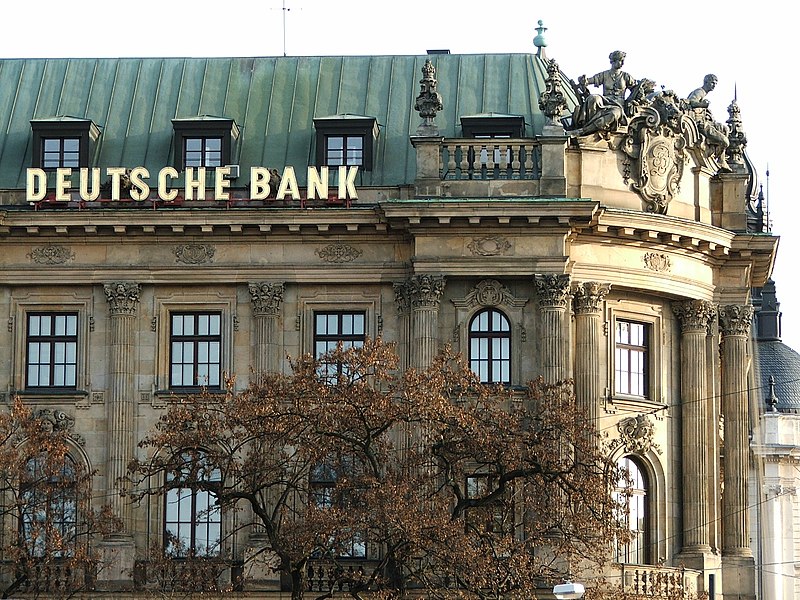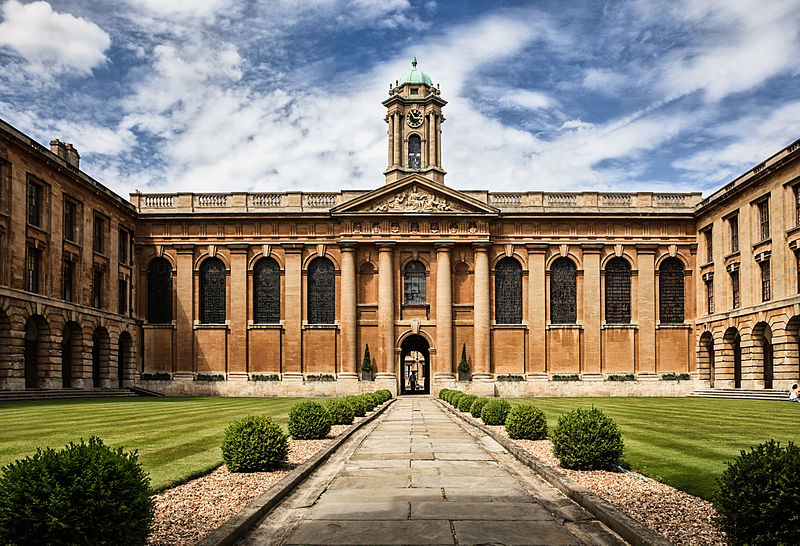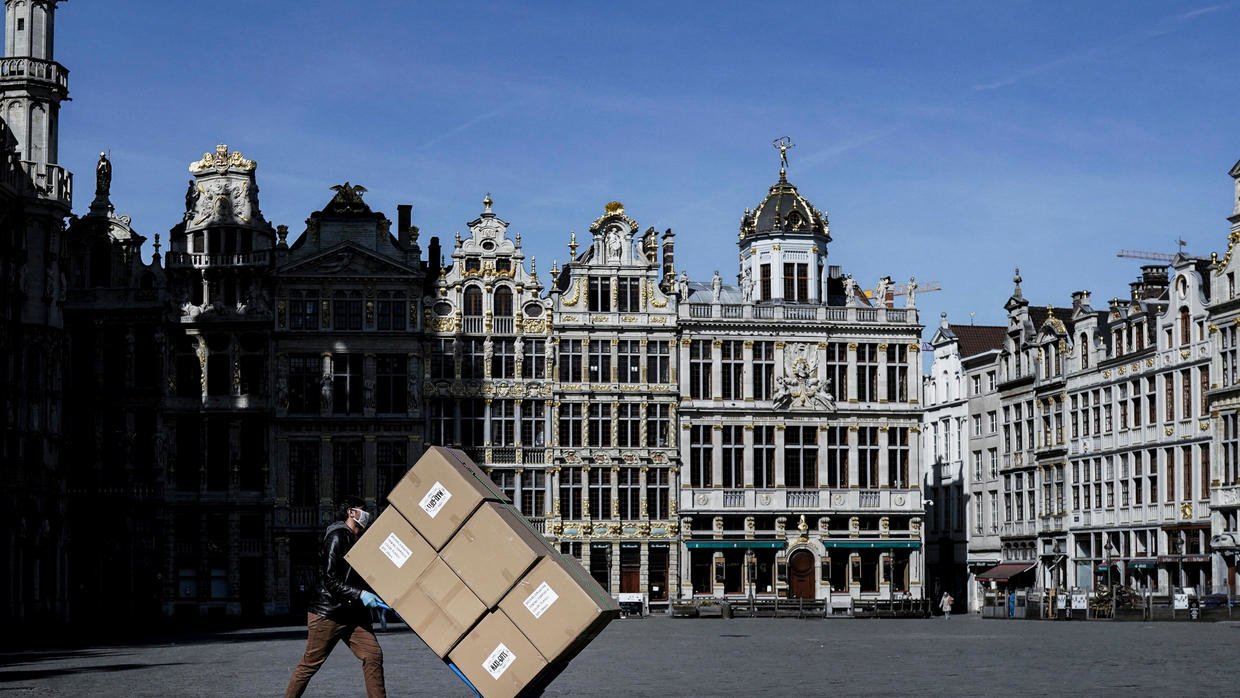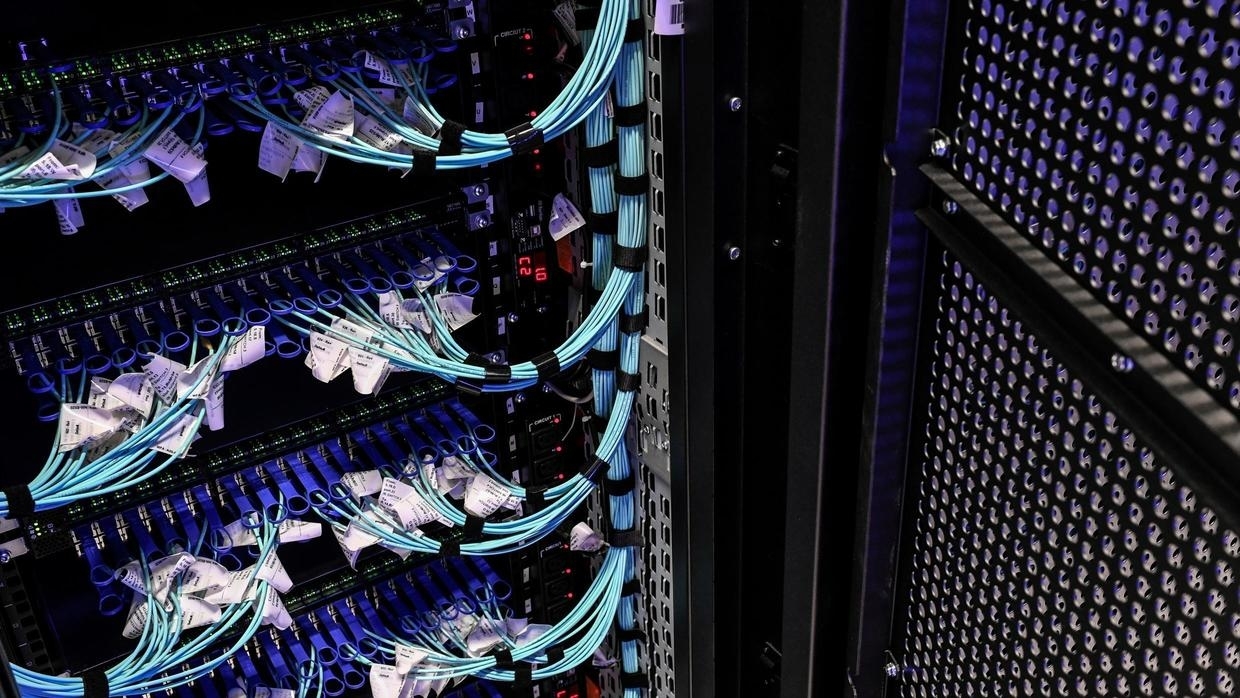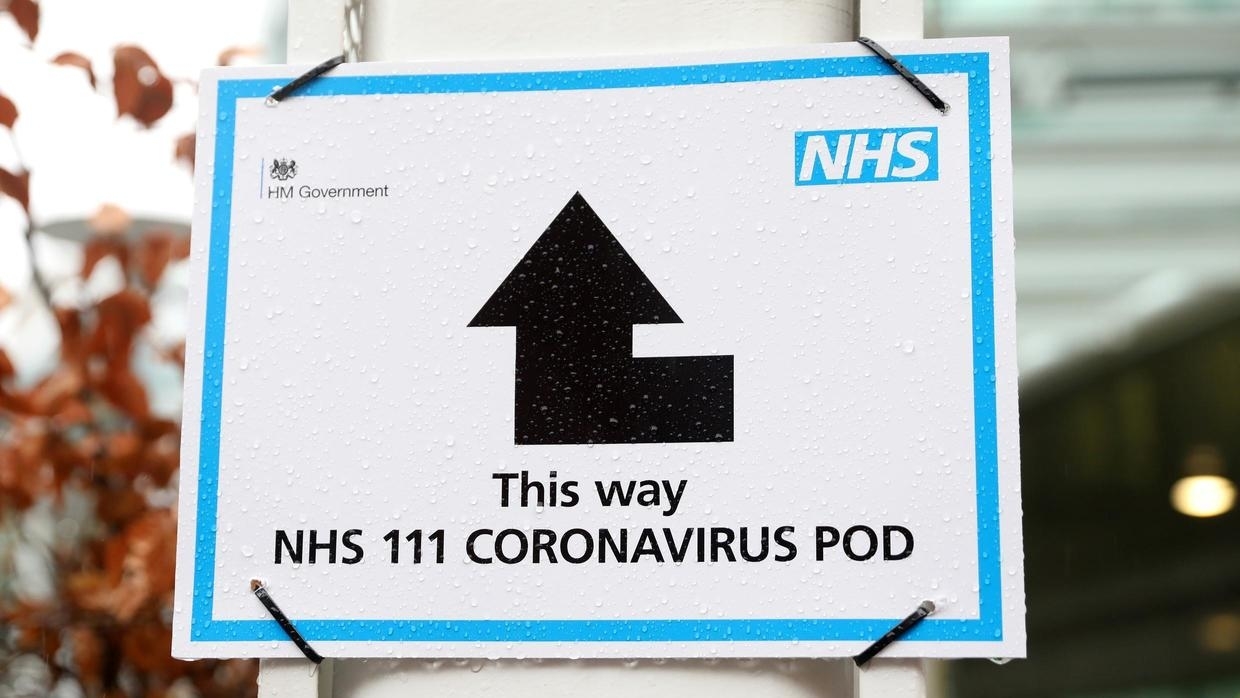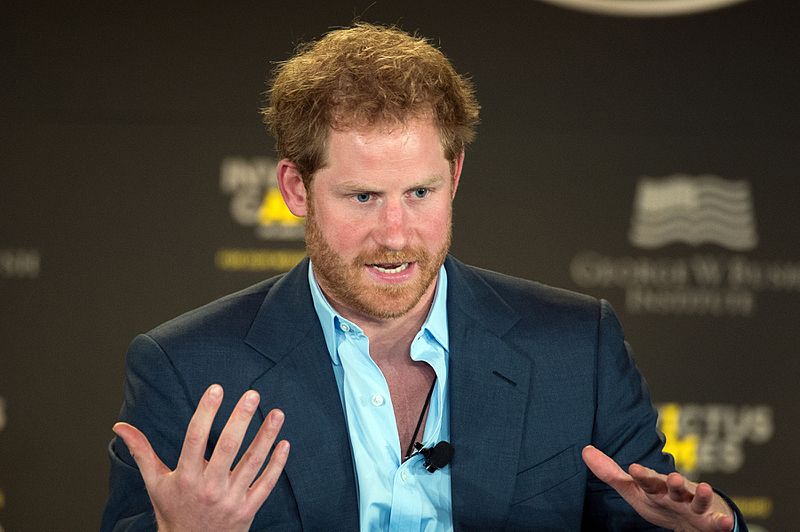
UK retail sales dived by a record 18.1 percent in April with the country in coronavirus lockdown, triggering a surge in government borrowing to an unprecedented level, data showed Friday.
Government net borrowing hit a record £62.1 billion ($74.5 billion, 68.3 billion euros) last month, a colossal increase on the £10.9-billion amount one year earlier, data from the Office for National Statistics (ONS) showed.
It comes as the state offers unprecedented financial support to businesses, including paying up to 80 percent of workers' wages.
EY estimated that net borrowing would hit at least £320 billion in 2020/21, or 15.6 percent of British GDP.
- 'Size of hole' -
Friday's borrowing and retail sales data "illustrates the size of the hole that the coronavirus lockdown left in the economy and how much the government has paid so far to prevent it from being bigger", said Paul Dales, chief UK economist at Capital Economics.
"The small easing of the (British) lockdown... probably means that retail sales started to edge higher in May and that the government might not have had to borrow quite as much" this month.
"But it's very clear that the retail activity will remain worrying weak for some time yet and that the government will have to borrow a few hundred billion pounds this year," Dales forecast.
The ONS on Friday said that clothing sales by volume plunged by half last month compared with March.
However, with Britons stuck at home, April saw a record 18-percent jump in online sales of goods overall, the data showed.
- Sterling resilience -
"The pound is showing impressive resilience in the face of dire retail sales data," noted Fiona Cincotta, analyst at City Index trading group.
"Dire data has been firmly priced in" by markets, she added.
However, because of the current state of the British economy, the country on Wednesday sold bonds at a negative yield for the first time, meaning investors paid to own haven sovereign debt as they shelter from coronavirus turmoil.
Archer added that while record-low or even negative interest rates were "hugely helpful" for the government, any benefit was offset by the state borrowing record sums of cash.
"The government focus is very much in pursuing policies that not only provides major near-term support to the economy as coronavirus hits activity hard -- but crucially in trying to limit long-term damage to the economy by preventing as much as possible the permanent closure of businesses and loss of jobs," he told AFP.
The Bank of England has meanwhile slashed its main interest rate to a record-low 0.1 percent and pumped an extra £200 billion into the UK economy to encourage retail banks to lend to hard-hit businesses
According to the BoE, Britain is set to endure its deepest recession for centuries.
- Job losses -
Separate official data this week showed the number of Britons claiming jobless benefit soared nearly 70 percent in April to 2.1 million.
Britain imposed a lockdown on March 23 to halt the spread of the virus, and launched a furlough jobs retention scheme under which the government is paying the bulk of wages.
The lockdown was eased slightly last week but the UK furloughing continues to support eight million jobs at a cost of £11.1 billion to the taxpayer, according to the Treasury.
Many other workers have been laid off, with companies including British Airways preferring to axe thousands of staff despite the state helping to safeguard jobs.
Rolls-Royce, the British maker of plane engines, this week said it would cut at least 9,000 jobs and slash costs elsewhere, as the coronavirus hammers the aviation sector.AFP
